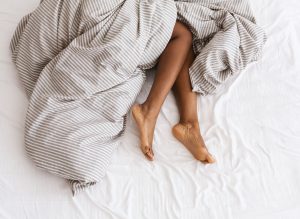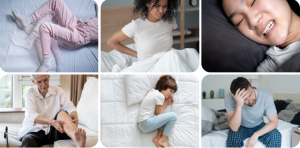Ask the Sleep Doc
As answered by our issue reviewers. Question: Can taking iron cure my Restless Legs Syndrome (RLS)? Dr. Zak: Before answering this question, I want to address the terms. You have asked about “curing” RLS. RLS is not like an infection








